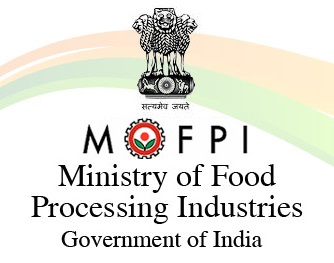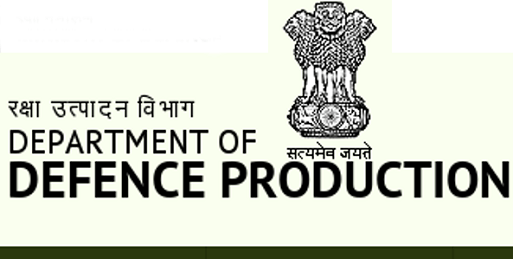Union Minister of State for Skill Development and Entrepreneurship and Electronics and IT, Rajeev Chandrasekhar, conducted Digital India Dialogues on the Principles of the Digital India Act. The Act aims to replace the existing IT Act and establish a comprehensive legal framework to safeguard the rights of Digital citizens while fostering innovation and growth.
The Minister emphasized that safety and trust will be integral to the Digital India Act, addressing concerns of online harm and the weaponization of misinformation and disinformation. With a significant number of Indians accessing the internet and government services moving online, a safe and trusted internet environment is essential.
Regarding sectoral regulation, the Minister clarified that the Digital India Act will allow sectoral regulators such as RBI and SEBI to create additional safeguards. The Act will also regulate emerging technologies like AI and blockchain, focusing on mitigating user harm while encouraging innovation and avoiding unnecessary compliance burdens.
In terms of compliance for startups, the Minister assured that recent laws and regulations provide exemptions or extended time periods for compliance. The proposed Digital India Act will be an important component of the Global Standard Cyber law framework, aligned with the government’s vision for India’s digital economy. Other elements of the framework include the Digital Personal Data Protection Bill, National Data Governance Framework policy, amendments to the IT Rules, and CERT-In guidelines. The Digital India Dialogues involved a diverse range of stakeholders, including industry associations, startups, IT professionals, think tanks, and lawyers. The consultation process aligns with Prime Minister Narendra Modi’s consultative approach to law and policy-making, ensuring the involvement of various stakeholders in shaping the principles of the Digital India Act.




